I was on the phone with my dad yesterday. I thought I was checking in on him, but I am pretty sure it was the other way around. He shared his perspective as someone who grew up before vaccines and said to me, “we all bring something different to the table.” This rung particularly true for me as I have spent the last two days providing quite a bit of FaceTime and phone support to teens, and in-person to my own teenagers. While debriefing my clinical day yesterday, I was quite struck by how teenagers do have a unique experience of the pandemic, and how similar the message was from teen to teen.
It is important to remember how vital their social life is to many of our tweens and teens. Teenagers are individuating, which means they are at critical stages of identity development, and figuring out who they are involves finding both differences from their parents and similarities to their peers.

In exasperation, my teen said,“Yes Mom! I have your love and nurturing, but I am still alone because as soon as that need is met I need social interaction!”Whelp, he’s right. He also reminded me that we are not talking about a week, this could go on for months. I am reminded that we need to ask the questions “What’s the pandemic like for you?” I did, and here are some of the similarities that teens shared with me.
1. Boredom is actually a problem. I have asked every teen, “What is the most difficult part of changes to your life made by the COVID-19 for you right now?” 100% of the teens said “boredom”. Boredom can be challenging for adults, but in all honesty, I think sometimes we crave it as a respite from the day to day, or as a way of not doing a host of tedious tasks. Teens were different, they shared that they have too much time to think, are too alone with their thoughts, and are already finding that even their usual social media outlets have lost satisfaction. One teen remarked that boredom was a feeling of nothing, that made everything seem like something they didn’t want to do. It reminded me of going to get dressed in the morning and having nothing to wear, in spite of a full closet.
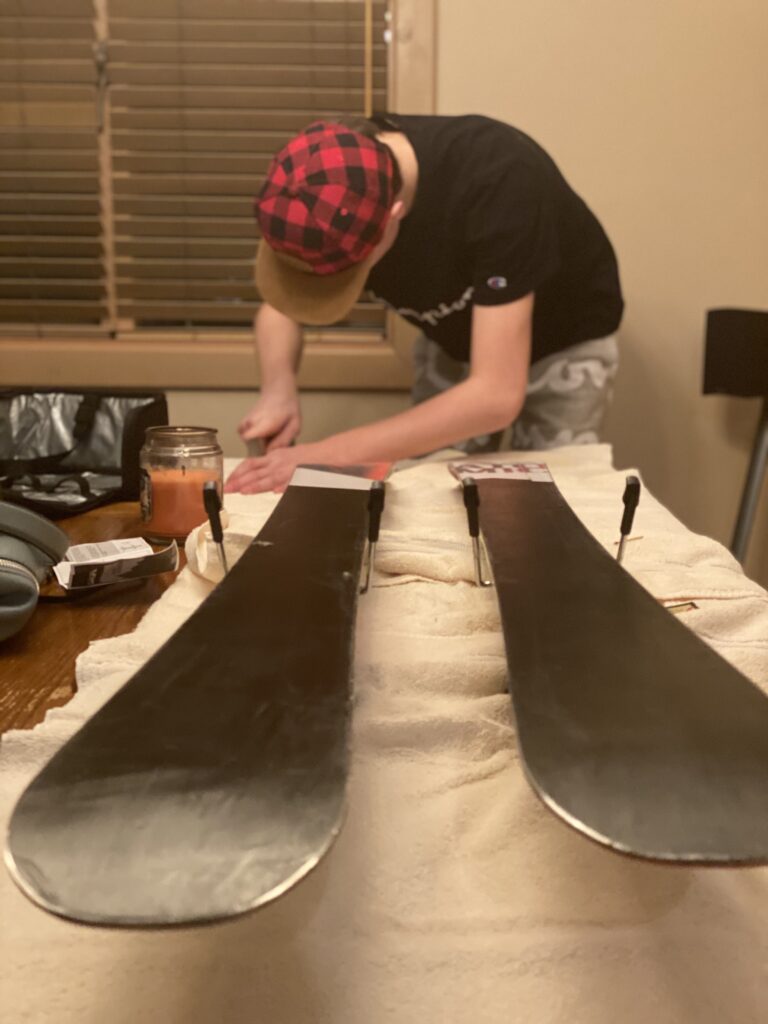
They are right. Boredom is both a feeling and a mindset. It is a lack of excitement and stimulation that leads to a sense of nothing to do. This nothing-feeling causes you to be less interested in the things that you typically want to do.
We can’t dismiss this by telling them to do school work, a chore, or go outside. Those are activities, not stimulation. “Mom, don’t say goals, teens hate goals, but we need to feel like were achieving something.” That was the sage advice from my 16-year-old daughter. The teens and I worked to find something they want to accomplish that helps give them a sense of short-term purpose. These are the things that they always say they want to do or learn, but never get around to it because of, well, life. Every single teen knew right away what their secret interests were and could generate ideas about what they could do. From learning tricks on a skateboard, drawing a series of pictures, learning how to edit photos, sewing, etc., they were happy to talk about it although some needed encouragement not to feel ‘silly’. They set targets for the first two weeks of distancing, and each want to report back to me their progress. These goals help the teens; 1. Feel interest in a part of their day, 2. See progression from day to day, 3. Have a sense that they will emerge from this all with something cool to show others, 4. Have some control so that their life does not surmount to chores, social media, and school.
2. Misinformation. Teens are cognitively aware and connected to social media, so they are hearing a lot about COVID-19. Still, they may not be emotionally developed enough to process this uncertain time. It is important not to downplay the seriousness of the situation, because if it were not serious then how can they make sense of the fact that their parents are working from home, school is suspended, and people are stock piling supplies? Without the information, they are confused and build distrust of either their parents or the government, or both. You have to know your teen, but here are some basics to debrief with them; Why is COVID-19 different? What does flatten the curve mean? What happens if the city goes into quarantine? Will my parents lose their job?

Teens need to understand that flattening the curve means only to slow and prolong the spread of the virus so that the rate of illness does not overwhelm our medical system. This means the percentage of the population who may need medical help to survive the illness, will have access to doctors and hospitals when the time comes. Learn about COVID-19 with them, on reputable sites like World Health Organization, so that they have metered and correct information.
In terms of questions like your job or city-wide quarantine, it is OK to say, “I don’t know right now, but here is our plan…” or “I don’t know at the moment, but if it looks like that is going to happen, we will talk about it, until then let’s put that in a wait and see category.” It is important to acknowledge these are possibilities, rather than to say, “that won’t happen,” which leaves teens with a sense of uncertainty.
3. Media. You will see a consistent message from mental health providers right now; LIMIT NEWS AND OTHER COVID-19 MEDIA. The rate of information coming to us is unhealthy. We have less time spent commuting and living our typical lives and are spending it on the internet. The variety of things that we are thinking about in a given day has diminished too, so proportionately COVID-19 is inundating us. Your teens are no different. In our house, we are sitting down once a day, at the provincial press briefings, and watching it together. We talk about it for about an hour after, and then try to do our best to leave it. This is a marathon, not a sprint, lead by example.

This is a marathon, not a sprint, lead by example.
4. Panic buying. This behavior is hard to understand and impacts the way our teens see the world and others. Talk to them about fear, ask them what their perspective is on it, ask them how it impacts what they think of society. This one may have a sleeper-effect in terms of shaping world views.
5. Education matters. Yes, teens are known for complaining about school and not wanting to go to school other than to see their friends. Yet across the board the teens expressed worry. They are worried they will fail, or won’t fail and then next year will be behind. They are worried about their parents trying to be their teachers, and they are stressed about graduating. We will have more information on helping your kids learn from home in the days to come.
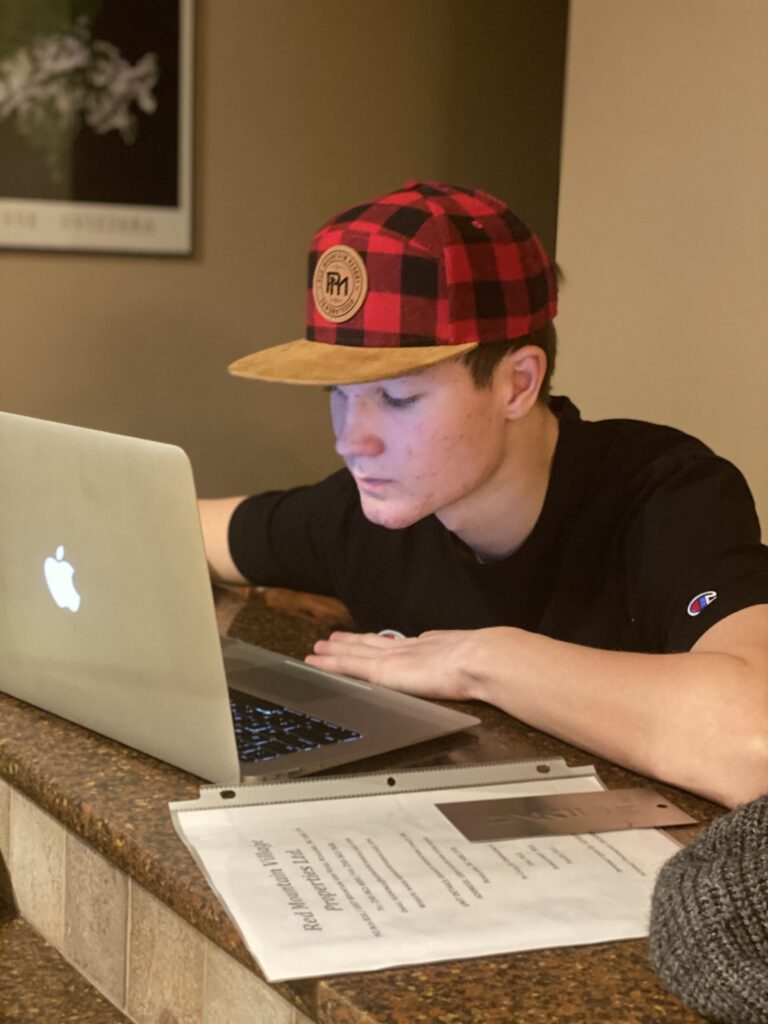
6. Don’t try to normalize this, but do create a new normal. Get into habits and routines. In our house, we require that Monday through Friday we all get up in a morning hour, shower and change, and do something productive in the morning. We are all required to leave the house daily, to go for a walk at the very least. Every day we take turns participating in the cooking and kitchen maintenance (I sense a competition coming on). My daughter asked me if we could go for a drive, which I never would have thought of, but yes, that is a great idea. She wants to see something other than our community and the inside of our house. We will go today. We’ve also agreed that we will try to do something entertaining in the evening, playing games or watching a show. It is a loose routine. We are taking turns doing dishes and cooking meals for the family. Participating in our new normal.
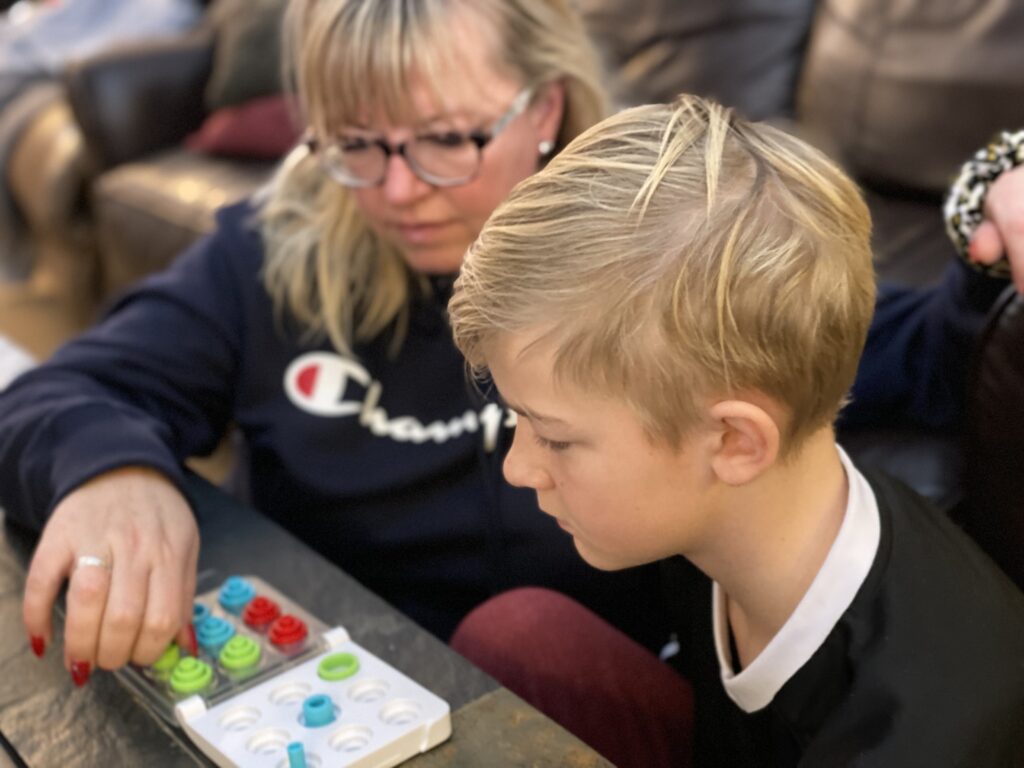
If families had strained relationships prior to social distancing, this can be particularly difficult. Still, developmental psychologist Gordon Neufeld has previously spoke about the impact of forced dependency on attachment relationships. Here, he has identified that when teens are put in situations where they are required to need guidance and help from their parents it may have a corrective influence.
Remember that there is help for your family if you need support navigating these times. Many providers, including our team, are offering phone or FaceTime sessions, and we have provided a list of some distress services (free mental health support) below.
Distress Centre (free 24/7 crisis line)
403-266-HELP (4357) TTY (for the hearing impaired) 403-543-1967
Kids Help Phone(24/7 national service offering professional counselling):
Woods Home Community Resource Team Call: Seven days a week, 24-hours a day
Text and LiveChat: 9 a.m. to 10 p.m.
Mobile response: 12 – 7 p.m.
403-299-9699 or 1-800-563-6106
Text: 587-315-5000

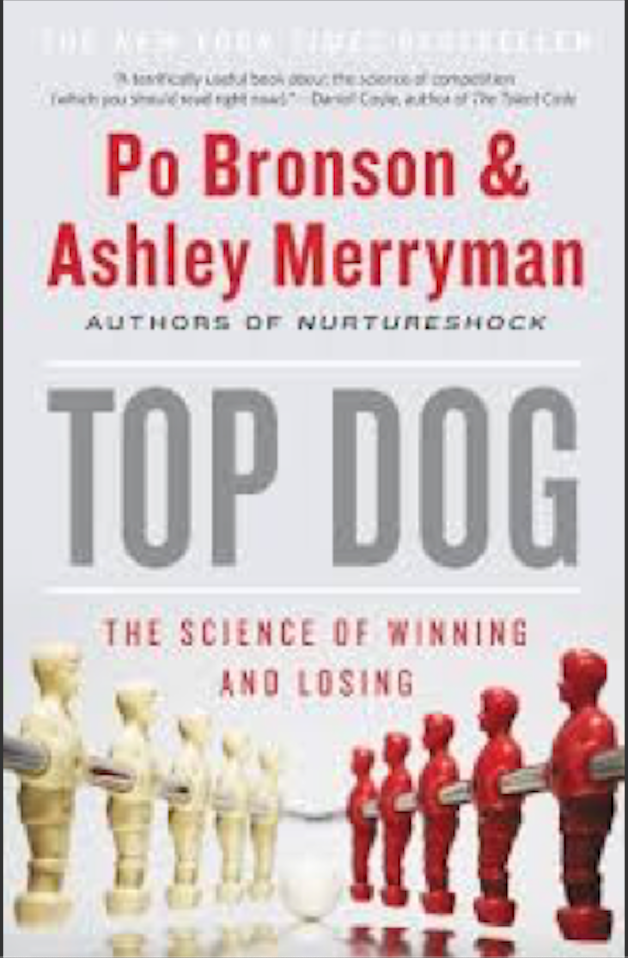


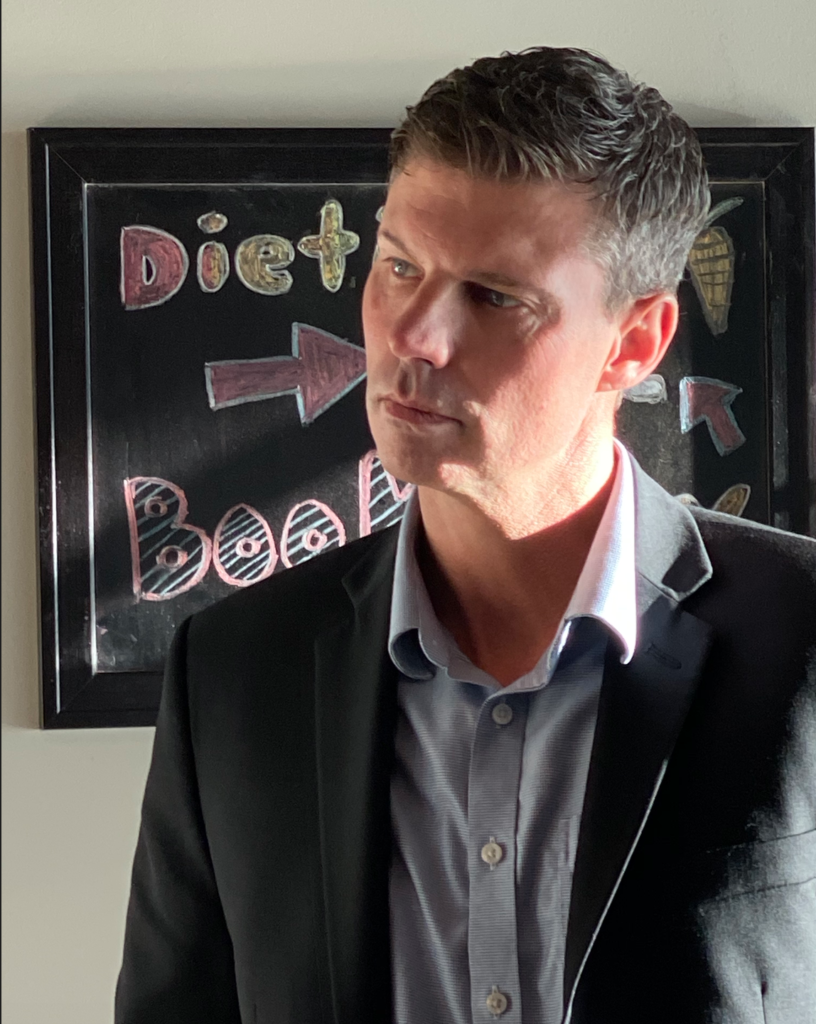

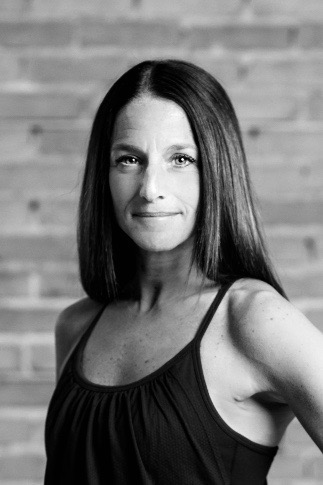







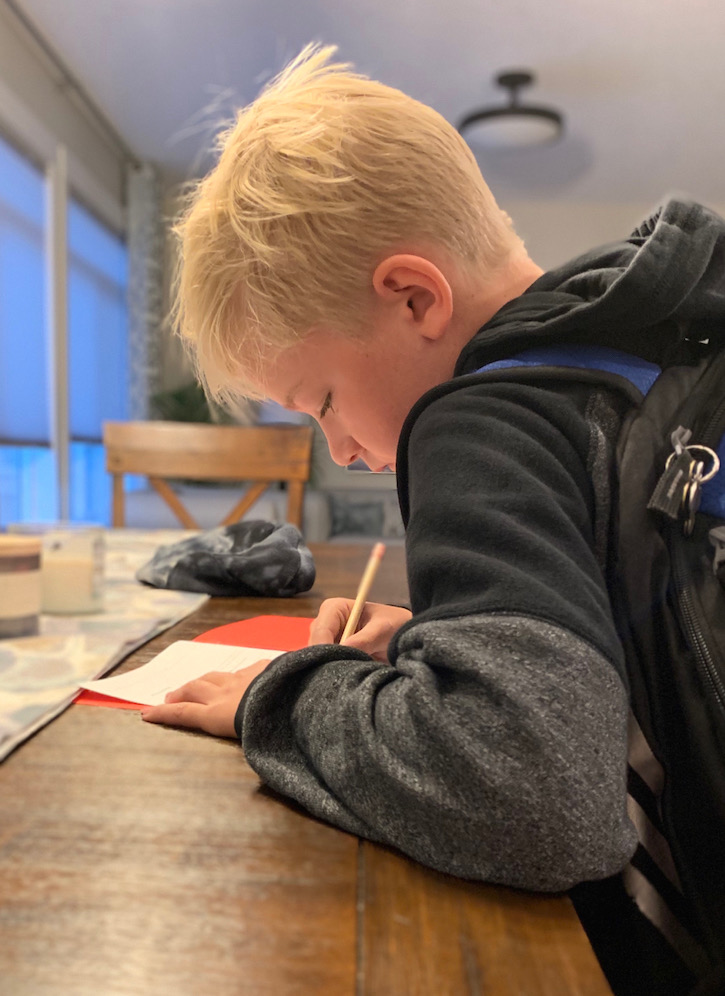

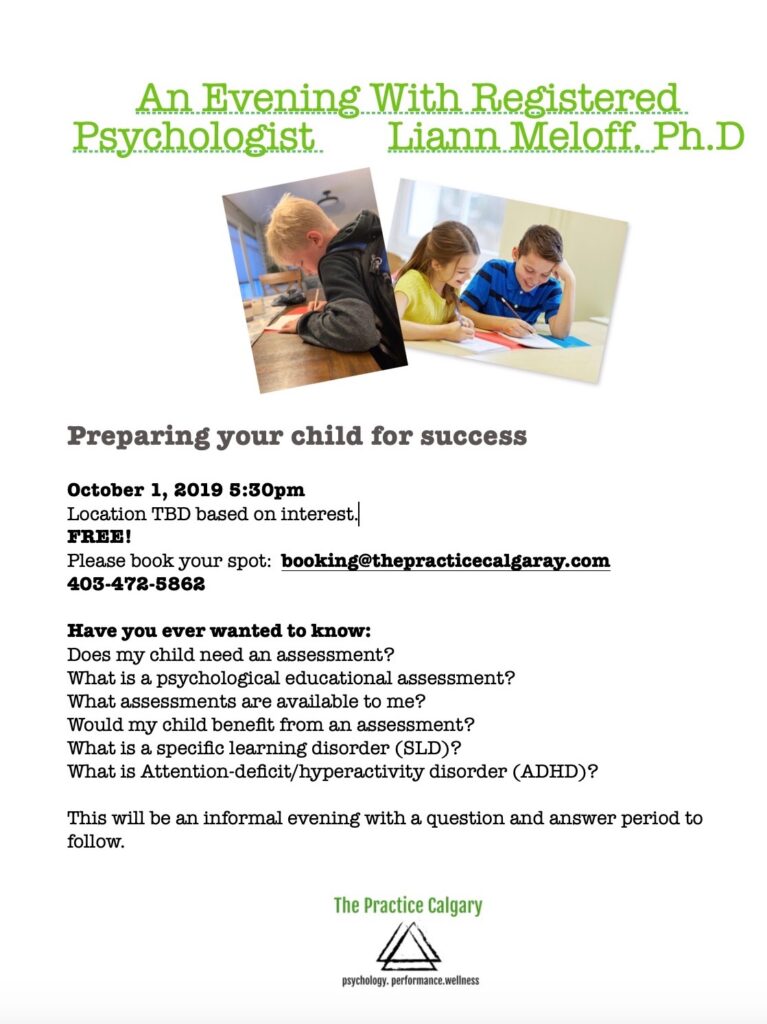

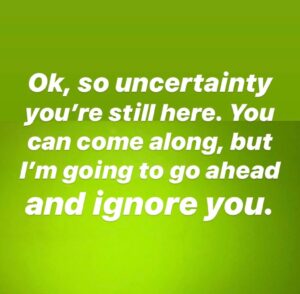


 Does motivation precede action or does motivation build after actually doing something? The question is valid, but it’s also false. Why? It’s too simplistic.
Does motivation precede action or does motivation build after actually doing something? The question is valid, but it’s also false. Why? It’s too simplistic.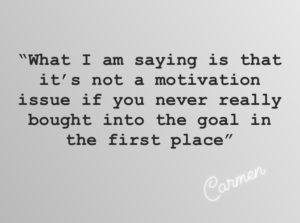 has blatantly promoted as their way to happiness. These can be macro goals like going to university, choosing a specific career, or their relationship status. Assumed goals can also be more micro like being organized, thin, or what to look like. These false assumptions even corrupt how we think about introversion, personality, and how quickly we talk (seriously, it’s true). So, people set off on fitness goals, try to be ‘more organized, better students, learn how to find happiness in relationships, and yet never actually manage to take the steps to get there in any consistent way. It’s hard to push yourself to study the needed hours to ace the exam if you don’t really buy into the idea of University. This is one I see all the time. Parents tell me they want support to help their teens be better students and not be lazy, but the kid tells me that they have never wanted to go to University because they want to be an artist or take a less traditional occupational path but they are afraid to tell their parents. I’m not saying that parents shouldn’t encourage their kids to work hard, and I am not against University or nontraditional paths. What I am saying is that it’s not a motivation issue, if you never really bought into the goal in the first place.
has blatantly promoted as their way to happiness. These can be macro goals like going to university, choosing a specific career, or their relationship status. Assumed goals can also be more micro like being organized, thin, or what to look like. These false assumptions even corrupt how we think about introversion, personality, and how quickly we talk (seriously, it’s true). So, people set off on fitness goals, try to be ‘more organized, better students, learn how to find happiness in relationships, and yet never actually manage to take the steps to get there in any consistent way. It’s hard to push yourself to study the needed hours to ace the exam if you don’t really buy into the idea of University. This is one I see all the time. Parents tell me they want support to help their teens be better students and not be lazy, but the kid tells me that they have never wanted to go to University because they want to be an artist or take a less traditional occupational path but they are afraid to tell their parents. I’m not saying that parents shouldn’t encourage their kids to work hard, and I am not against University or nontraditional paths. What I am saying is that it’s not a motivation issue, if you never really bought into the goal in the first place.




 putting here some guiding framework, from the perspective of a psychologist, parent, and mother, who has experienced the loss of clients by suicide, cared for those who lived through it, and walked the journey with spouses and children who have lost their person this way.
putting here some guiding framework, from the perspective of a psychologist, parent, and mother, who has experienced the loss of clients by suicide, cared for those who lived through it, and walked the journey with spouses and children who have lost their person this way. You don’t know, and even if you think you do know, you probably don’t (or don’t know it all). Just acknowledge that it is normal to want to know why, and that it is hard to have unanswered questions. Acknowledge that this is an extremely difficult part of suicide.
You don’t know, and even if you think you do know, you probably don’t (or don’t know it all). Just acknowledge that it is normal to want to know why, and that it is hard to have unanswered questions. Acknowledge that this is an extremely difficult part of suicide.

 Today is a grind, and although I really do believe in positive intentions and focusing on good stories in my life there are times where that seems too far away. Since Thursday I have been driving nonstop, to work, volleyball tournaments, shopping, and home. It has felt like I have lived in my car, and only used my house for 8-hour stop overs in between. I am under-slept, under-exercised, and under-laughed. I added fuel to the fire by seriously eating garbage all weekend. Now I have stopped, the kids are at their work, Geoff is away for work, and now it is me and a houseful of unmet responsibilities staring each other down. I’m looking over at Wilson, and he’s giving me that look. He know’s I know better. Now I’ve got to dig out of this deflated state and stop this from becoming a downward spiral.
Today is a grind, and although I really do believe in positive intentions and focusing on good stories in my life there are times where that seems too far away. Since Thursday I have been driving nonstop, to work, volleyball tournaments, shopping, and home. It has felt like I have lived in my car, and only used my house for 8-hour stop overs in between. I am under-slept, under-exercised, and under-laughed. I added fuel to the fire by seriously eating garbage all weekend. Now I have stopped, the kids are at their work, Geoff is away for work, and now it is me and a houseful of unmet responsibilities staring each other down. I’m looking over at Wilson, and he’s giving me that look. He know’s I know better. Now I’ve got to dig out of this deflated state and stop this from becoming a downward spiral. 
 Re-focus. Look big picture. Although executing today will require me to sit and look at the small picture to work out of a slump (that’s coming next), the big picture perspective can help. In the big picture, I want to build a community are The Practice Calgary, have a loving and fun home environment, serve the people I interact with by giving my best in each moment, and take care of myself in a way that facilitates me fully being in and enjoying my life. When I remember these things then I can see that being rundown today does not stop me. It does, however, mean that addressing my fatigue becomes my first point of focus because I understand that all of the other goals I have rest on how I am doing. I know that I won’t get to 100% today, but I right now I feel way, way too close to the bottom of that scale to manage for more than a day. It is my responsibility to do something about it.
Re-focus. Look big picture. Although executing today will require me to sit and look at the small picture to work out of a slump (that’s coming next), the big picture perspective can help. In the big picture, I want to build a community are The Practice Calgary, have a loving and fun home environment, serve the people I interact with by giving my best in each moment, and take care of myself in a way that facilitates me fully being in and enjoying my life. When I remember these things then I can see that being rundown today does not stop me. It does, however, mean that addressing my fatigue becomes my first point of focus because I understand that all of the other goals I have rest on how I am doing. I know that I won’t get to 100% today, but I right now I feel way, way too close to the bottom of that scale to manage for more than a day. It is my responsibility to do something about it. When I hit a wall I generally coach myself to take the next step, and then the one after that. Whether very low, or overwhelmed the best place to start is the single step. Make it simple and think about a 1 – 10 scale, 1 is the lowest and 10 is the highest (think vacation, receiving gifts, winning the lottery) and put yourself, right now on the scale. Then just think about what you have to do to move up or down the scale. I always include the down, because too much focus is on the up and it is important that we realize that we play a part in pushing ourselves further down too. So if I choose to eat junk, go back to bed, or binge on my favorite shows I am sure I’ll go to bed tonight feeling at least as rough. If I try to eat something that is close to green, exercise, or at the very least get out of my pajamas (keeping it real here), then I am more likely to turn it around. If I really want to try to dig out then I can do some laundry (accomplishing simple tasks helps with feelings of overwhelm) or get to some of The Practice Calgary work that is sitting the corner of the room beside the vacuum waiting for me to notice it. Scale it. Once you take one or two steps to move you in the direction you want to go, you’ll probably be at a different number and can continue on the trend. Even if you don’t make it to a 7, you can at least not hit a 1. Also, managing it this way can open up our minds to tomorrow being OK, waking up in a better place, and helps us not allow the snowball of a down day to start an avalanche.
When I hit a wall I generally coach myself to take the next step, and then the one after that. Whether very low, or overwhelmed the best place to start is the single step. Make it simple and think about a 1 – 10 scale, 1 is the lowest and 10 is the highest (think vacation, receiving gifts, winning the lottery) and put yourself, right now on the scale. Then just think about what you have to do to move up or down the scale. I always include the down, because too much focus is on the up and it is important that we realize that we play a part in pushing ourselves further down too. So if I choose to eat junk, go back to bed, or binge on my favorite shows I am sure I’ll go to bed tonight feeling at least as rough. If I try to eat something that is close to green, exercise, or at the very least get out of my pajamas (keeping it real here), then I am more likely to turn it around. If I really want to try to dig out then I can do some laundry (accomplishing simple tasks helps with feelings of overwhelm) or get to some of The Practice Calgary work that is sitting the corner of the room beside the vacuum waiting for me to notice it. Scale it. Once you take one or two steps to move you in the direction you want to go, you’ll probably be at a different number and can continue on the trend. Even if you don’t make it to a 7, you can at least not hit a 1. Also, managing it this way can open up our minds to tomorrow being OK, waking up in a better place, and helps us not allow the snowball of a down day to start an avalanche.